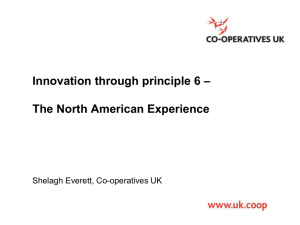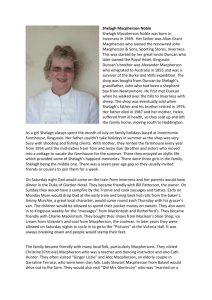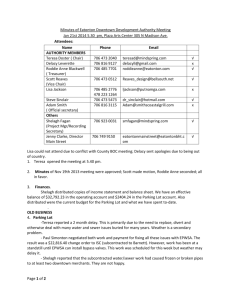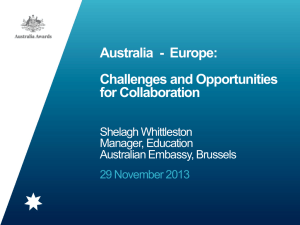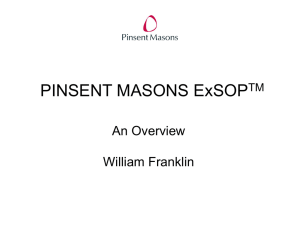Shelagh Gaskill
advertisement
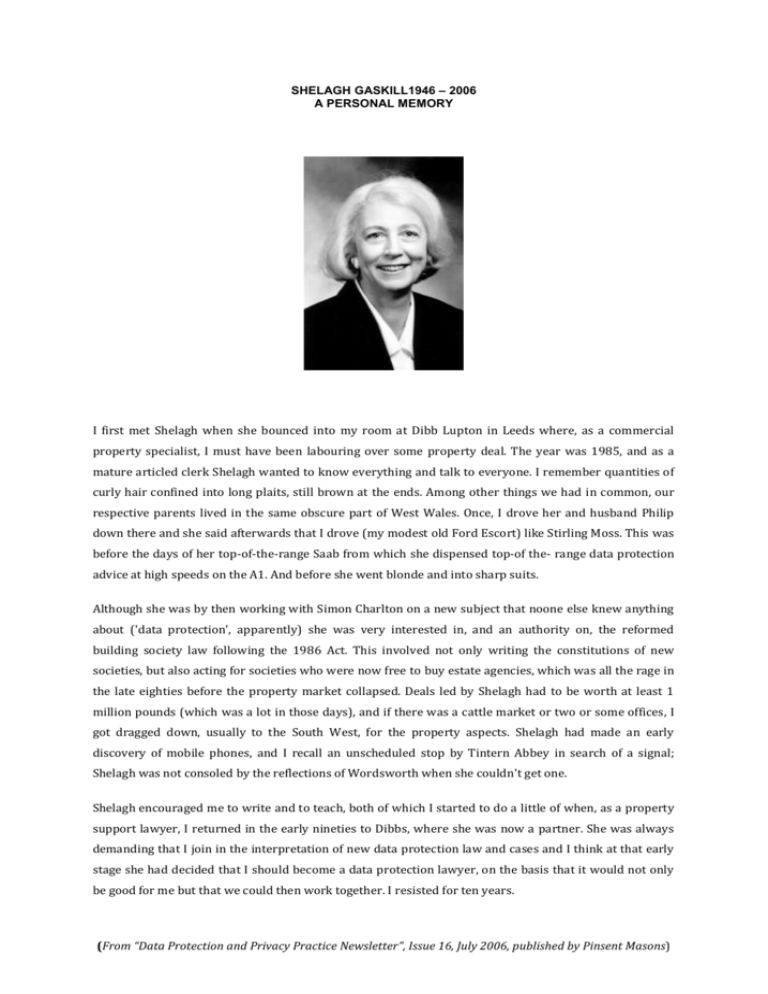
SHELAGH GASKILL1946 – 2006
A PERSONAL MEMORY
I first met Shelagh when she bounced into my room at Dibb Lupton in Leeds where, as a commercial
property specialist, I must have been labouring over some property deal. The year was 1985, and as a
mature articled clerk Shelagh wanted to know everything and talk to everyone. I remember quantities of
curly hair confined into long plaits, still brown at the ends. Among other things we had in common, our
respective parents lived in the same obscure part of West Wales. Once, I drove her and husband Philip
down there and she said afterwards that I drove (my modest old Ford Escort) like Stirling Moss. This was
before the days of her top-of-the-range Saab from which she dispensed top-of the- range data protection
advice at high speeds on the A1. And before she went blonde and into sharp suits.
Although she was by then working with Simon Charlton on a new subject that noone else knew anything
about ('data protection', apparently) she was very interested in, and an authority on, the reformed
building society law following the 1986 Act. This involved not only writing the constitutions of new
societies, but also acting for societies who were now free to buy estate agencies, which was all the rage in
the late eighties before the property market collapsed. Deals led by Shelagh had to be worth at least 1
million pounds (which was a lot in those days), and if there was a cattle market or two or some offices, I
got dragged down, usually to the South West, for the property aspects. Shelagh had made an early
discovery of mobile phones, and I recall an unscheduled stop by Tintern Abbey in search of a signal;
Shelagh was not consoled by the reflections of Wordsworth when she couldn't get one.
Shelagh encouraged me to write and to teach, both of which I started to do a little of when, as a property
support lawyer, I returned in the early nineties to Dibbs, where she was now a partner. She was always
demanding that I join in the interpretation of new data protection law and cases and I think at that early
stage she had decided that I should become a data protection lawyer, on the basis that it would not only
be good for me but that we could then work together. I resisted for ten years.
(From “Data Protection and Privacy Practice Newsletter”, Issue 16, July 2006, published by Pinsent Masons)
It was during the mid-nineties, at a time when we were not currently colleagues, that Philip died, and
some time after the funeral I decided to cheer her up by signing both of us onto a night flight from Leeds
Bradford airport to look at the aurora borealis. With a science writer friend from whom I had heard about
the trip, we waited in the bar for the plane to turn up and by the time it did we had difficulty climbing up
the steps to get on it. "Did you know, did you know...?". Shelagh kept spluttering incoherently, "that it's
against the law to board an aircraft when you're pissed?" In the days before plane rage, not many people,
even lawyers, knew that. Wine, food and legal arguments always kept us in touch whether we were
working together or not. One event was opera at Fountains Abbey with an elaborate picnic at which I was
to bring the wine (it had to be Alsace, afterwards her favourite), and she would bring quantities of
delicious food, for the party. We consumed champagne when she finally left Dibbs to found the Masons
Leeds office, and her tour of the new premises typically included "...and this is the cupboard where the
articled clerks go to cry".
She finally got me in 2001, by which time I was thoroughly bored with writing commercial property
precedents, and was touring New Zealand. Negotiations, conducted through a Hotmail account, when I
wasn't trekking in the bush, included an instruction to visit the New Zealand Privacy Commissioner
whom she had just met at an international conference. I duly went to Auckland to meet him, but not
knowing anything about data protection at the time, had little to say.
Shelagh was brilliant at praising people and saying how wonderful she thought you were, although she
wouldn't hesitate to tell you if she thought you were mistaken: "That's wrong" "That's b***ocks", and
"Tough t**tie" were typical responses and "cool" if she was happy with it. While strict in her assessments
relating to the law and legal competence, she was extravagant in her descriptions of those she liked. I
learnt late on that she often told people that I had climbed Everest (well, I did do a lot of climbing, and
certainly friends of mine had climbed Everest…).
For the five years that she was based in London, I regularly stayed at her flat where she would cook
dinner for us, or sometimes we would go down the West End to have a (very upmarket) Chinese meal and
see a blockbuster movie (Star Wars or Harry Potter). We might argue points of data protection law during
courses, or possibly discuss the finer points of the wine or of people we knew. I don't recall ever having
had a dull time with
Shelagh, even when she was ill. It fell to me to talk to her about putting her name on what is now the
Shelagh Gaskill Scholarship in Information Law, at a time when we had only just started to realise how
serious her condition had become. After initial resistance she warmed to the idea ("Barbara Welbury only
got an essay"), and she concluded triumphantly: "and if I die before the launch, you can always call it the
Shelagh Gaskill Memorial Scholarship!"
Life will not be the same without her.
Sue Cullen.
(From “Data Protection and Privacy Practice Newsletter”, Issue 16, July 2006, published by Pinsent Masons)
